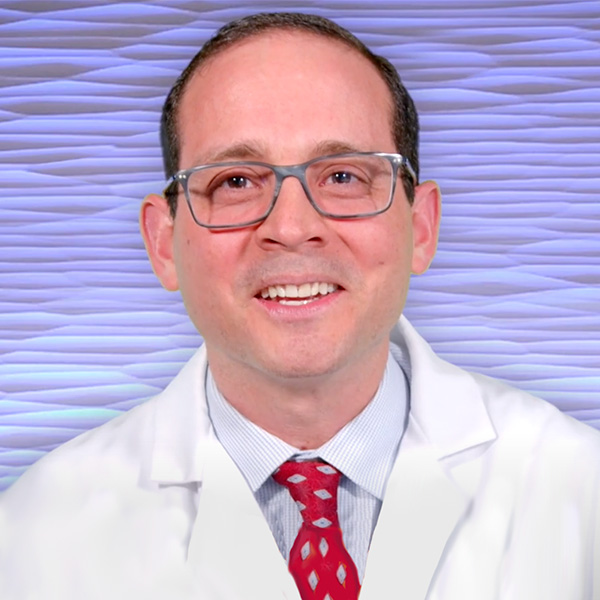Coping With COVID-19 as an Early Career Professional
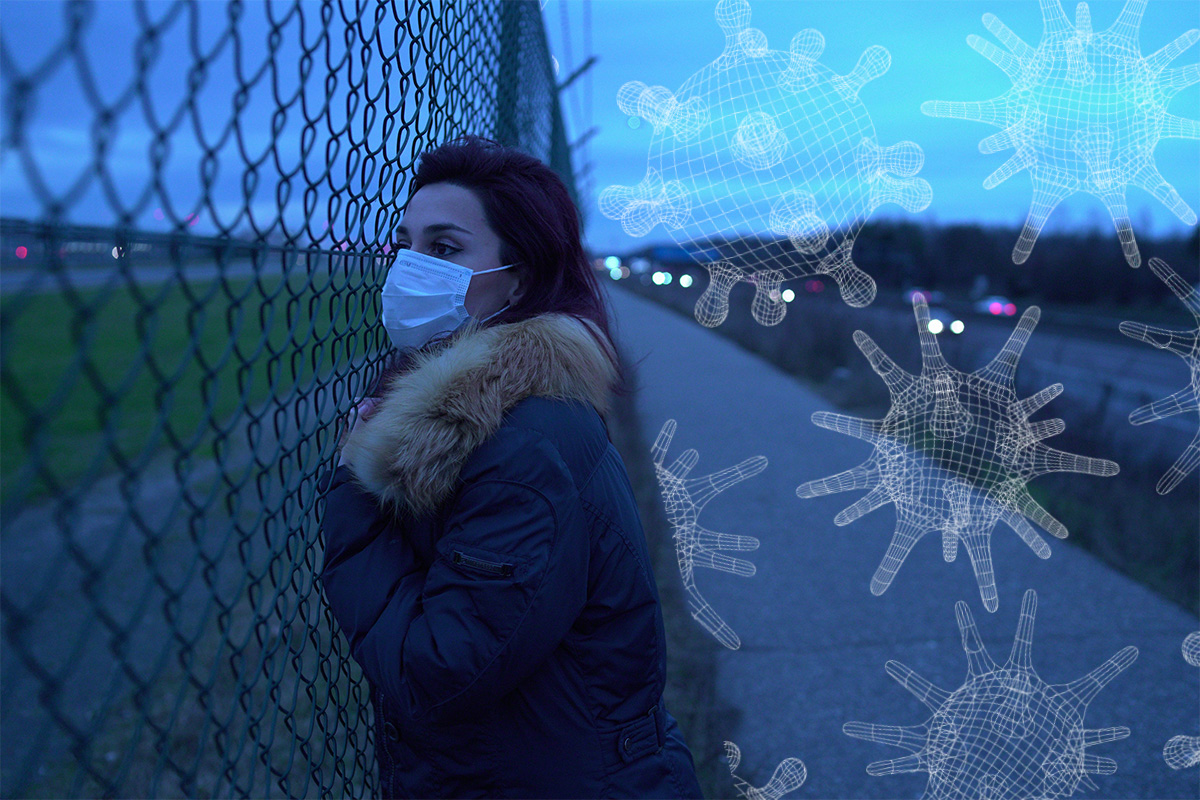
The COVID-19 pandemic is taking its toll and it feels like our world has been turned upside down – both at work and at home. Because of the work we are called to do, early career cardiologists and cardiologists-in-training are counted on to "carry on" at work.
We strive to provide the best care to a rising tide of patients who need us, while worrying about our own health and safety and that of our colleagues and families.
It is easy to feel isolated and overwhelmed as we confront not only the professional crisis but often personal or family crises, adverse clinical events, illness or death of a colleague, traumatic events, and fears of potential litigation.
All of these situations can cause prolonged physical or emotional exhaustion, leading to feelings of detachment and potential burn out.
This COVID-19 crisis is unprecedented across the globe, unique and multifaceted. It affects the entire world's population, is prolonged with an uncertain end date, and affects the totality of people's lives at home, work and school.
The two main psychological stressors that we face are related to uncertainty and social distancing.
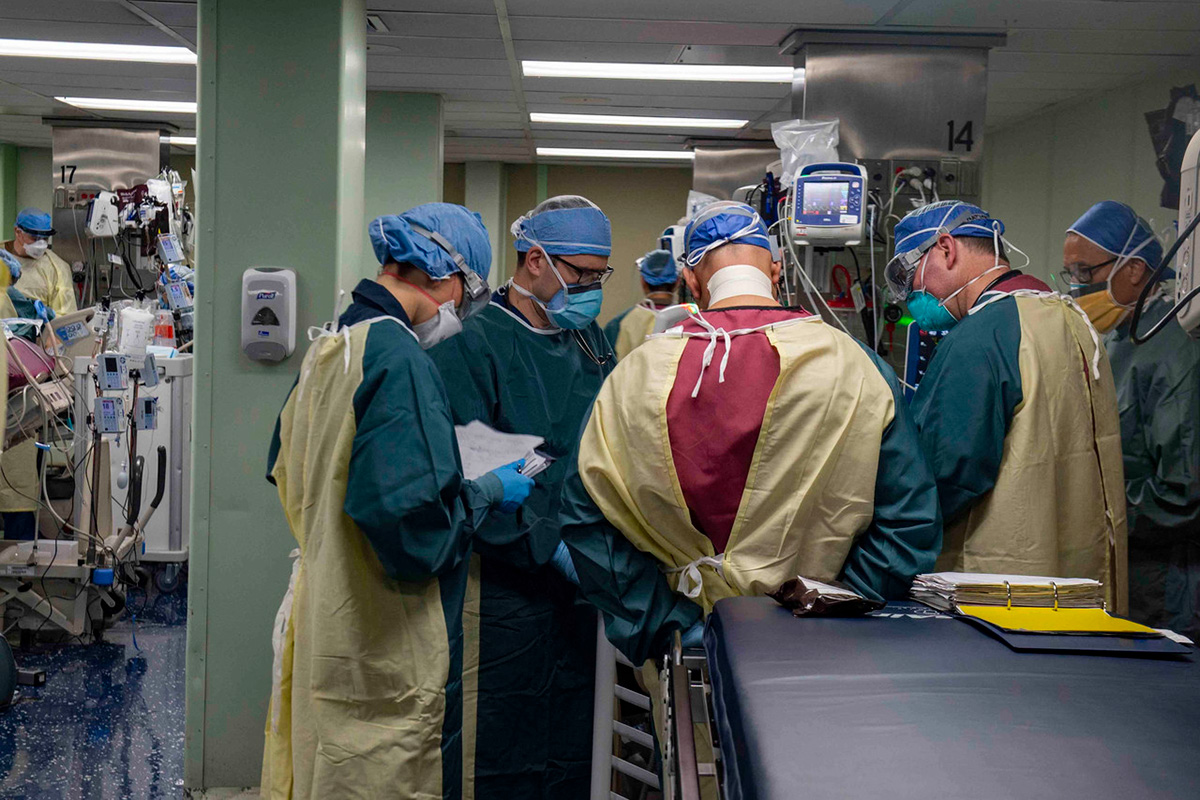
Coping with emergencies is a core competency for health professionals; it defines who we are and what we stand for. However, uncertainty can lead to fear and anxiety. We are confronted with a new reality –that of adapting to something new every day.
The situation around COVID-19 is quickly evolving and constantly changing. For example, adjusting staffing and unit call coverage plans that were thought to be appropriate last week are no longer valid and need to be revised this week.
This sense of loss of control over our lives can be overwhelming. The psychological demands impact our higher-level cortical systems, making it more difficult to think straight, stay focused and self-regulate.
Maintaining knowledge about what is being done at your hospital or health care system and getting actively involved in the institution's discussions about how to organize health care delivery at many levels is very important.
Many hospitals are conducting daily conference calls to update staff and providers on emergency planning, new initiatives, and policy changes regarding patient and critical care provision during this pandemic. At our institution, cardiology fellows are invited to participate on these calls.
The information in these conference calls is usually clear, straightforward and fact-based, allowing us to better operate in this everchanging daily environment.
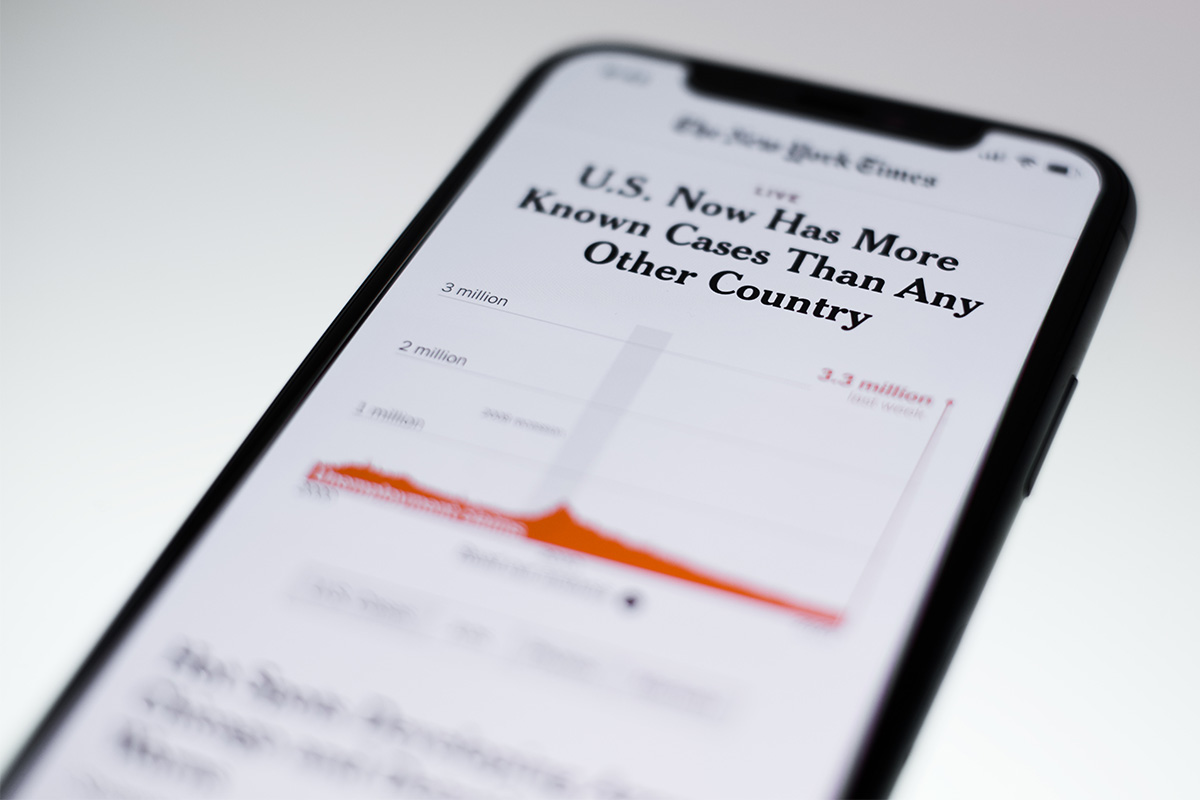
In contrast, other sources of information can have the opposite effect. Taking control of and moderating one's consumption of the regular media news can help.
Social isolation and distancing can be challenging. We are wired for social connectivity to be able to recharge and problem solve. Strategies to mitigate the effect of social distancing include the use of technology with virtual meeting rooms. "Small" reach outs to family and friends matter.
Group calls, video calls, writing letters or having a movie night "together" via video call can help us to stay connected with others. We also have a responsibility and a commitment to support and care for one other.
Early morning or evening walks or runs with someone (six feet apart) or by yourself are easy ways to decrease anxiety, clear the mind and reconnect with yourself.
If you were waiting for the perfect time to improve your health habits, now is the time! As cardiologists, we are very familiar with the beneficial effects of exercise on blood pressure, weight loss and glucose control.

We also know that these benefits of exercise extend to our mental health, sleep quality and immune system. It is time to practice what we preach!
Taking care of our basic needs is also important, as those are easily neglected in periods of high mental stress. Good sleep and healthy nutrition are paramount.
We can reduce anxiety by focusing on the present moment, noticing when we are worried and reminding ourselves that worrying does not help. Practice mindful breathing, meditation and sharing your thoughts and feelings with supportive people.
Lastly, some health care systems are offering staff and provider support lines to cope with mental and emotional stress during COVID-19.
Experts in the field of health and wellness provide resources and practical tips to help us manage uncertainty and control anxiety, as well as stay focused, organized and connected.
It is important to reach out for support; it is never ever a sign of weakness but rather one of mature self-awareness.
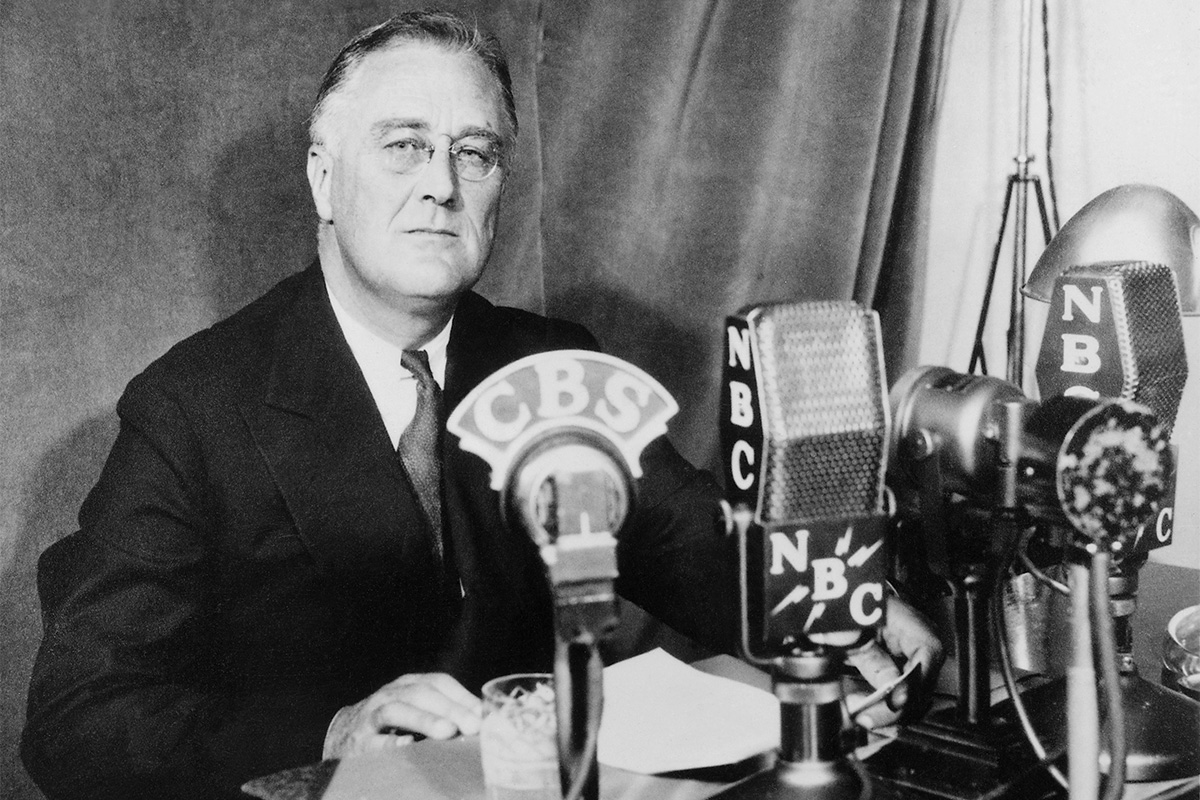
We know that the COVID-19 emergency will not be short-lived. We also need to remember that it will not last forever. Our ability to adapt and counter anxiety with preparation, realistic optimism and resilience will help us get through this challenging time.
Resilience is defined as the ability of an individual to positively adjust to challenge and adversity. As a society and as physicians, we have never needed resilience like we need it now.
As President Franklin D. Roosevelt said in the middle of the Great Depression, "Courage is not the absence of fear, but rather the assessment that something else is more important than fear."
I am enormously grateful for the courageous work that our nurses, interns, residents, fellows and advance practitioners continue to do daily in our cardiac intensive care unit, and I am truly humbled to work with them. Together we will get through this monumental struggle, one day at a time.


